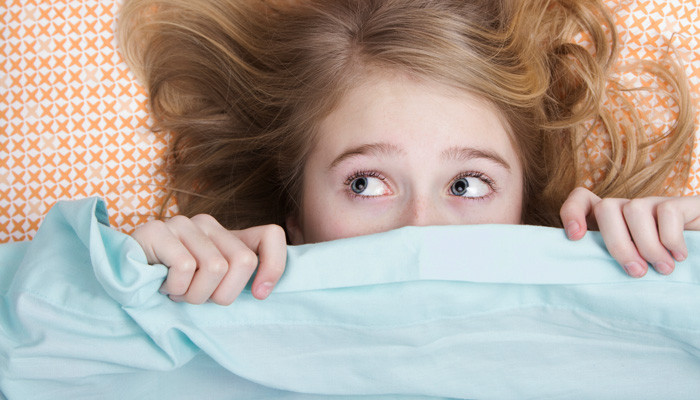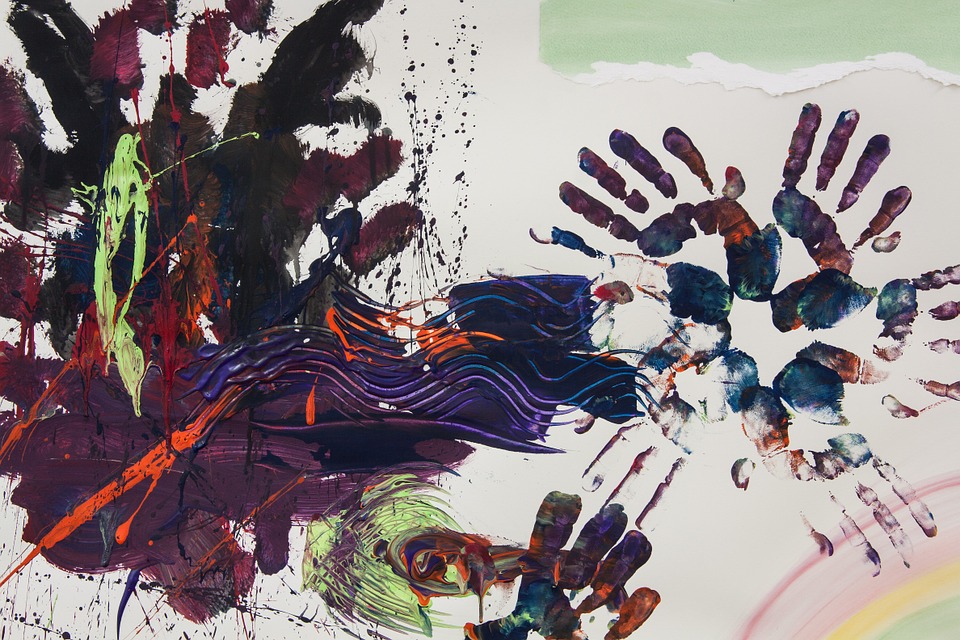Are you victim of Depression? Depression is condition of prolonged feeling of sadness and loss of interest in daily activity. It can badly affect your entire body both physically & mentally. Please find more information and natural solutions for Depression through Hellodox Health App.
Intercourse is meant to be a pleasurable and intimate experience. But it might become an unpleasant act if you are suffering from performance anxiety. When you are mentally occupied by questions such as "Do I look too fat?" or "Did I do that right?", sex stops being a gratifying experience.
Incessant anxiety over your ability or appearance can result in sex becoming nerve-wracking and stressful for you. It might even have you avoiding sex altogether. This psychological condition is termed as sexual performance anxiety.
Sex isn't only a physical reaction, there are emotions tied to it as well. If you are too stressed out and your mind is preoccupied, your body reflects your inner turmoil and you cannot get aroused.
Causes: The causes of sexual performance anxiety include:
Fear that you wouldn't be able to satisfy your partner and perform well sexually
Body image issues (Such as stressing about your weight)
Problems in your relationship
Men worry that their penis don't 'measure' up
Men might be concerned about taking too much time to orgasm, or about premature ejaculation
Women worry about not enjoying the experience or being unable to have an orgasm
Symptoms: Your mental state has a deep impact on your physical state. The effect of stress hormones norepinephrine and epinephrine can hinder your sexual performance. Symptoms of sexual performance anxiety include:
In men, blood vessels constrict due to the effect of stress hormones. This leads to reduced blood flow to the penis, thus making it difficult for the man to get an erection.
Often though it is less diagnosed in women, sexual performance anxiety leads to trouble in lubrication during sex. Lack of lubrication dims the desire to have sex.
Sexual performance anxiety is a vicious, inescapable cycle. Increased anxiety hampers you from having sex, making you think you won't be able to perform well, which causes even more anxiety.
Treatment: Consult a doctor you will be comfortable with discussing your problems. Sexual performance can be either treated by medication (if you have an underlying medical condition such as erectile dysfunction) or through therapy.
Talking to a therapist or counsellor about your problems can help you in several ways. You can learn to become more comfortable with yourself and your body.
Worrying is a natural tendency among children. While some worrying helps children to excel, too much worrying can lead to anxiety related disorders. From friendship woes to homework to fear of failure, there could be a lot of factors that can lead to anxiousness in a kid. This problem is mostly witnessed in school going, children. Some of the common symptoms that are portrayed include the need to be perfectionists, seeking of constant reassurance, getting sick worrying too much, scared of participating in a group event.
How to prepare your child to overcome anxiety?
Pass on the anxiety: Anxiousness has to be passed in form of something. Certain activities, therefore play great strokes in addressing anxiousness. Teach your kids to distress in the form of TV or teach them to write when they are anxious. This not only takes off anxiety from the equation, it helps a kid to relax without the fear of failure.
Reassurance: Kids suffering from anxiousness often need repeated reassurance about the task in hand. The task here for a parent is to make their kid understand that failure will not impact their relationship with their parents. Often the failure of letting someone down makes a kid anxious. Constant reassurance will curtail the tendency. This being said, parents should ensure that this doesn’t become a habit for the kid. The idea is to make them comfortable and not letting your child dependent on you.
Relaxation techniques: A study published by the Journal of School Counseling argued that kids who practice relaxation techniques are far less likely to suffer from anxiety and stress related disorders as compared to their peers. Some of the relaxation techniques that can be easily learned and practised include breathing exercises, meditation, yoga and so on. This exercise helps children to focus and concentrate more.
People who are not sure about which personal goals to pursue may be at increased risk of experiencing psychological distress, suggests a new research. The study, published in the journal Personality and Individual Differences, investigated two forms of motivational conflict. These were inter-goal conflict – when pursuing one goal makes it difficult to pursue another – and ambivalence – conflicting feelings about particular goals.
The results showed that each of these forms of goal conflict was independently associated with anxious and depressive symptoms.
“We know that striving for goals that are important to us gives life meaning and purpose and promotes well-being,” said study co-author Joanne Dickson, Professor at Edith Cowan University in Australia.
“However, when these goals generate conflict which can contribute to psychological distress,” Dickson added.
The findings are based on a survey of more than 200 young adults who were aged 18-35, with an average age of 20.
“People with poorer mental health are more likely to report that their personal goals hinder one another,” said Nick Moberly of the University of Exeter in Britain.
“Such conflict between goals may be more manageable if it is conscious,” Moberly added.
A brief bedside art therapy may improve mood and decrease the levels of pain and anxiety in patients with cancer, a study claims. In the study published in the European Journal of Cancer Care, a bedside visual art intervention (BVAI) facilitated by art educators improved mood and reduced pain and anxiety in inpatients with haematological cancers.
The study was conducted on 19 female and two male patients admitted to the inpatient bone marrow transplant and haematologic services at Mayo Clinic School of Medicine-Rochester in the US. They were invited to participate in a BVAI where the goal of the session was to teach art technique for about 30 minutes. Significant improvements in positive mood and pain scores, as well as decreases in negative mood and anxiety, were observed, the researchers said.
Patients perceived BVAI as overall positive (95 per cent) and wished to participate in future art-based interventions (85 per cent), they said. According to the researchers, the findings indicate that experiences provided by artists within the community may be an adjunct to conventional treatments in patients with cancer-related mood symptoms and pain.
Researchers have identified 44 genomic variants that have a significant association with depression, an advance that may lead to improved antidepressant medications. The study, published in the journal Nature Genetics, is the largest genome-wide association to date of genetic risk factors for major depression. Of these 44 loci, 30 are newly discovered while 14 had been identified in previous studies. In addition, the study identified 153 significant genes, and found that major depression shared six loci that are also associated with schizophrenia.
“This study is a game-changer,” said Patrick F Sullivan, a professor at the University of North Carolina (UNC) in the US. The results can be used for improved therapies targets of known antidepressant medications were enriched in the genetic findings, researchers said. The genetic basis of depression overlaps importantly with other psychiatric disorders like bipolar disorder and schizophrenia, they said. Intriguingly, the genetic basis of depressive disorder also overlaps with that for obesity and multiple measures of sleep quality, including daytime sleepiness, insomnia and tiredness.
“We show that we all carry genetic variants for depression, but those with a higher burden are more susceptible,” said Naomi Wray, Professorial Research Fellow at the University of Queensland in Australia.“We know that many life experiences also contribute to risk of depression, but identifying the genetic factors opens new doors for research into the biological drivers,” said Wray.













